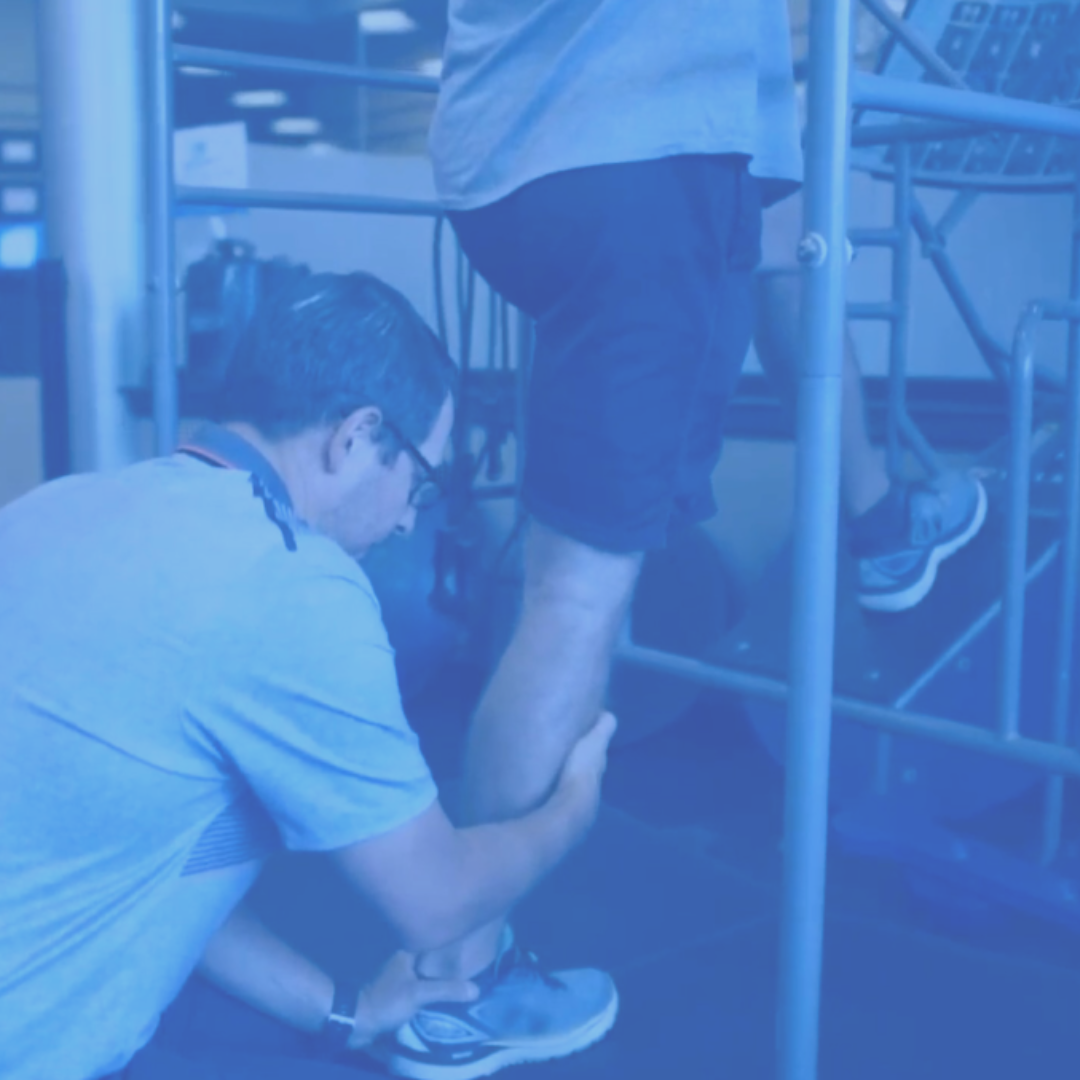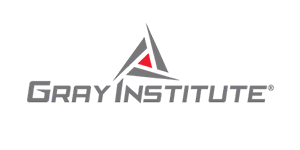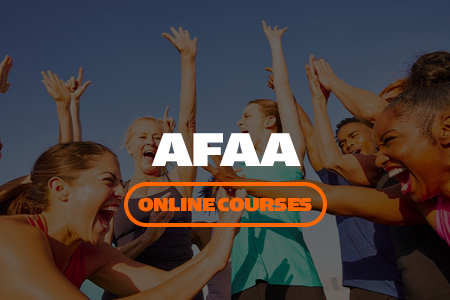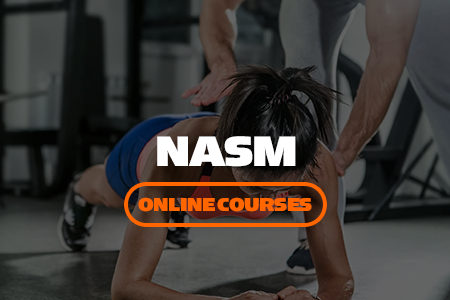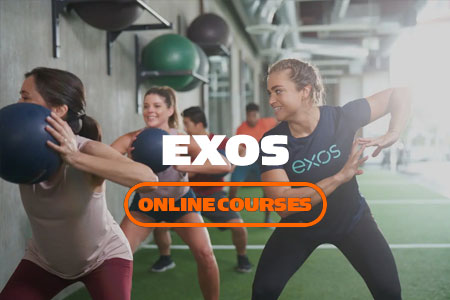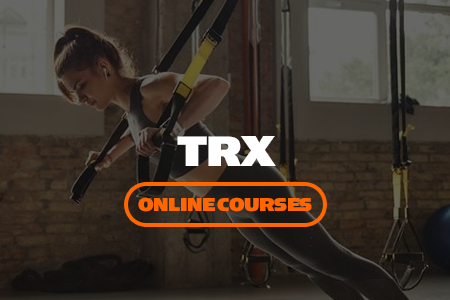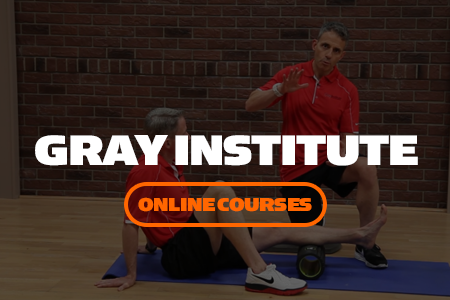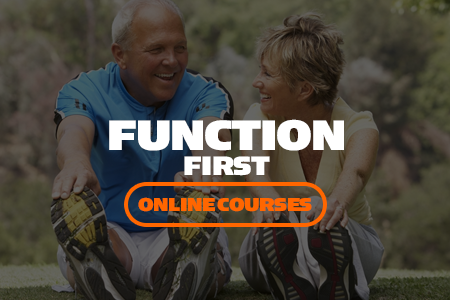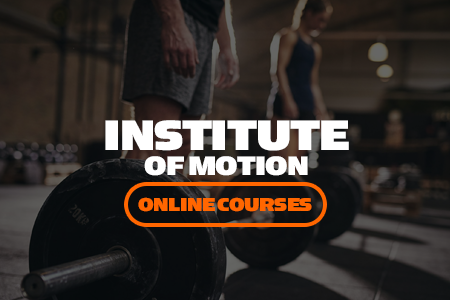This online training course, 3DMAPS® (3D Movement Analysis & Performance System) is the foundational course on the science of human movement. It investigates human movement in three separate dimensions of evidence-based science: the physical sciences (how we interact with the physics of our world), the biological sciences (how the body moves), and the behavioural sciences (what drives human behaviour). By honouring the integrated nature of human movement, this course will improve your analysis and evaluation, provide a reliable framework for determining what’s functional from what’s not, and it will enhance your patient/client outcomes.
3DMAPS® (3D Movement Analysis & Performance System) is the most innovative way to effectively analyze and enhance the entire body in an efficient, revealing, and evidence-based manner. This certification equips you, the movement professional, with the content, competence, and confidence to meet the needs, wants, and goals of all of your patients and clients.
Unlike any other movement screen, 3DMAPS is a movement analysis and performance system that applies to the three-dimensionality and abilities of all individuals and all of human function. 3DMAPS boils down all of human movement (the three-dimensional interaction of joints, muscles, and proprioceptors) into 6 Vital Transformational Zones, adapts these movements within Mobility Analysis Movements (assessing range of motion) and Stability Analysis Movements (assessing control of motion), and empowers you to then prioritize the best and most logical progressions in serving your patients and clients better.
Who is 3DMAPS® for?
- Physical Therapists
- Personal Trainers
- Athletic Trainers
- Chiropractors
- Strength & Conditioning Coaches
- Coaches
- Podiatrists
- Physicians
- Physiotherapists
- Occupational Therapists
- Osteopaths
- Physical Therapy Assistants
- Kinesiologists
Course Learning Objectives:
By the end of the online training course participants will learn, appreciate, and apply the following concepts:
- Applied Functional Science® / Science of Movement
- Physical Sciences
- Biological Sciences
- Behavioral Sciences
- Functional Spectrum
- Physical Principles
- Biological Principles
- Behavioral Principles
- Principle-Strategy-Technique Process
- Traditional vs. Functional Analyses
- Applied Functional Science® Nomenclature
- Environment
- Position
- Driver
- Triangulation
- Action
- 6 Vital Transformational Zones
- 6 Chain Reactions®
- Anterior Chain Reaction®
- Posterior Chain Reaction®
- Same Side Lateral Chain Reaction®
- Opposite Side Lateral Chain Reaction®
- Same Side Rotational Chain Reaction®
- Opposite Side Rotational Chain Reaction®
- Mobility Analysis Movements
- Lunge Matrix
- Bilateral Hand Swing Matrix
- Lunge with Bilateral Hand Swing Matrix
- Stability Analysis Movements
- Single Leg Balance Foot Reach Matrix
- Single Leg Balance Bilateral Hand Swing Matrix
- Single Leg Balance Foot Reach with Bilateral Hand Swing Matrix
- Biomechanics of Primary Complexes
- Subtalar / Ankle
- Hip
- Knee
- Thoracic Spine
- Lumbar Spine
- Cervical Spine
- Shoulder
- Range of Motion / Shape of Analysis Movements
- Control of Motion / Quality of Analysis Movements
- Relative Success Spectrum
- Analysis & Documentation
- 14 “Mostability” Performance Progressions / Matrices
Course Benefits:
- Techniques for all movement professionals
- Improve analysis, treatment/training, and prevention
- Ongoing access to exclusive resources
- This course must be completed chronologically, the participant must complete all steps in each section before continuing onto the next.
What’s Included:
- Access online course materials with a computer, tablet or smartphone
- Videos and interactive content designed for a proven learning experience
- Take your course when you want and where you want
Written Assessment:
- Exams must be passed with an 70% average.
- Participants may retake the exams at any time until they pass.
- Exam questions are multiple choice and true/false format.
CEUs:
NASM (1.0), AFAA (10), ACE (1.0), ACSM (10), CanFitPro (4.0)
Additional information
| CEUs: | NASM (1.0), AFAA (10), ACE (1.0), ACSM (10), CanFitPro (4.0) |
|---|

